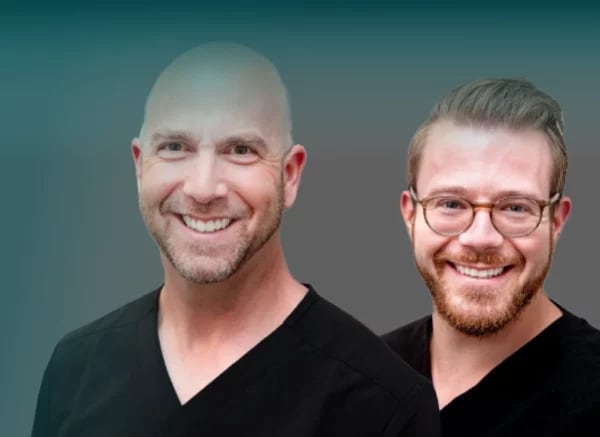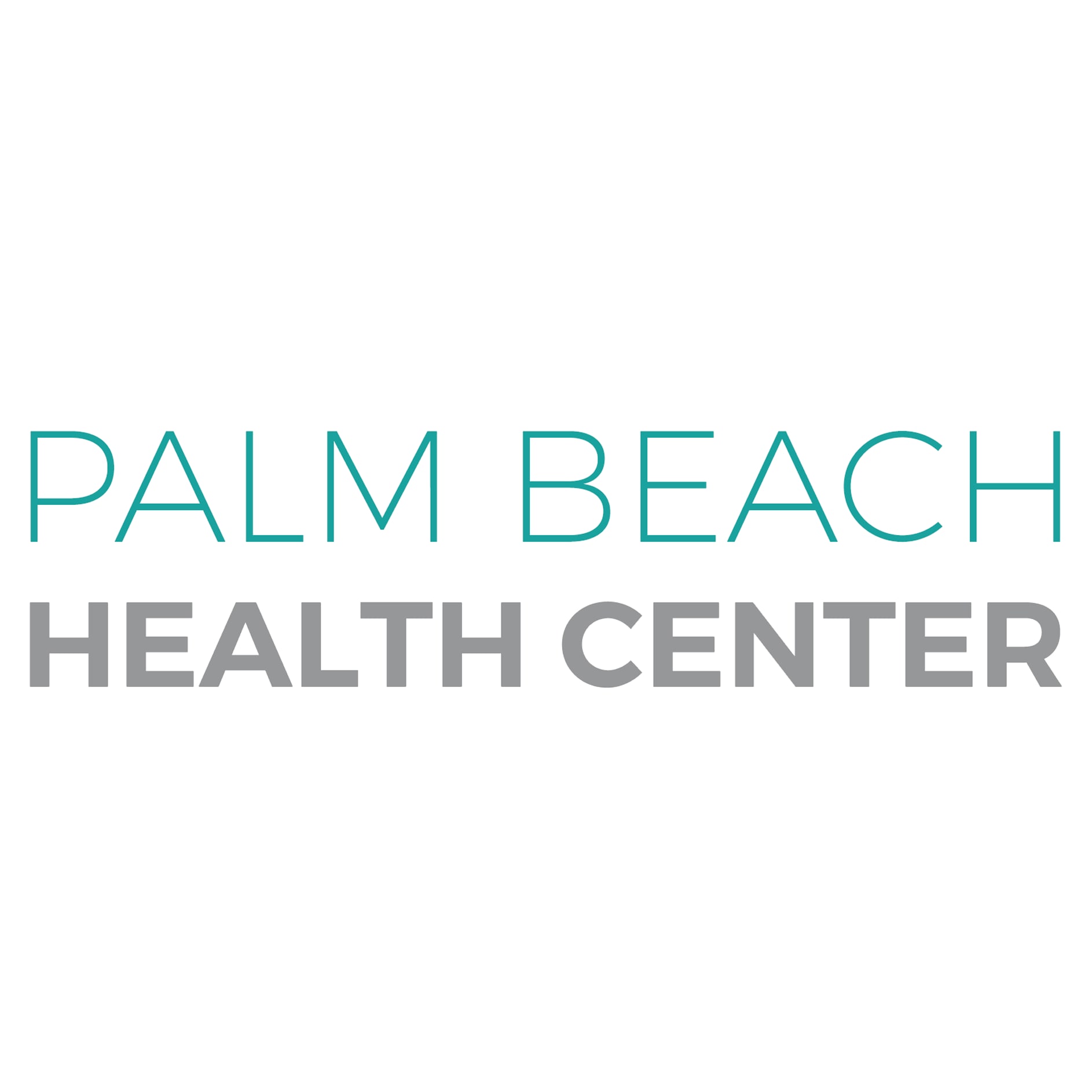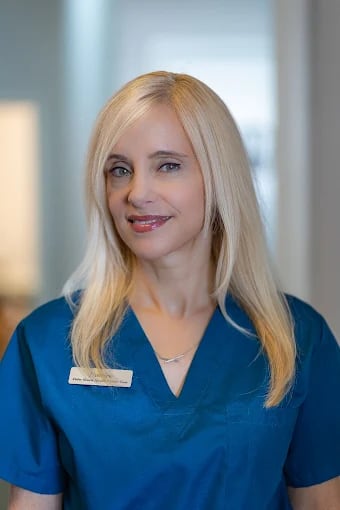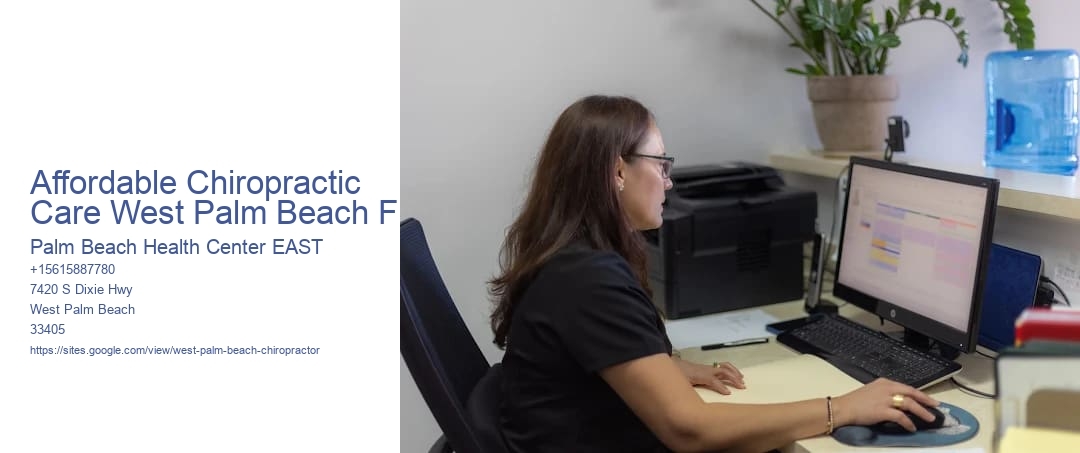Alternative medicine describes techniques that aim to attain the recovery effects of conventional medication, yet that generally lack biological plausibility, testability, repeatability, or sustaining evidence of effectiveness. Such methods are normally not part of evidence-based medicine. Unlike contemporary medication, which uses the scientific method to evaluate possible treatments using accountable and moral professional tests, generating repeatable proof of either effect or of no effect, alternative therapies live outside of mainstream medication and do not originate from making use of the scientific approach, but instead rely upon reviews, stories, religious beliefs, tradition, superstition, belief in superordinary "energies", pseudoscience, errors in reasoning, publicity, fraud, or various other unscientific resources. Frequently used terms for pertinent techniques are New Age medication, pseudo-medicine, unconventional medication, alternative medicine, fringe medication, and non-traditional medicine, with little distinction from quackery. Some different techniques are based upon concepts that oppose the well established scientific research of just how the body works; others attract the supernatural or superstitious notions to discuss their result or absence thereof. In others, the method has reliability however lacks a positive danger–-- advantage result likelihood. Research study right into alternative treatments commonly fails to follow proper study protocols (such as placebo-controlled tests, blind experiments and computation of previous likelihood), offering invalid results. Background has actually revealed that if a technique is verified to work, it ultimately discontinues to be alternate and becomes traditional medication. Much of the perceived result of an alternative technique arises from a belief that it will be effective, the placebo result, or from the treated problem settling by itself (the natural program of illness). This is further exacerbated by the tendency to turn to alternative treatments upon the failure of medication, at which point the problem will certainly be at its worst and more than likely to spontaneously enhance. In the lack of this predisposition, especially for conditions that are not expected to improve by themselves such as cancer or HIV infection, numerous research studies have actually revealed dramatically even worse outcomes if people turn to alternate therapies. While this may be because these individuals prevent efficient treatment, some alternative therapies are proactively harmful (e. g. cyanide poisoning from amygdalin, or the deliberate consumption of hydrogen peroxide) or actively interfere with reliable therapies. The alternative medicine industry is a very profitable industry with a solid entrance hall, and deals with much less guideline over the usage and advertising and marketing of unproven therapies. Corresponding medicine (CM), complementary and alternative medicine (CAM), integrated medication or integrative medication (IM), and holistic medicine attempt to combine alternative practices with those of mainstream medication. Traditional medication techniques end up being "alternative" when utilized outside their original settings and without correct clinical explanation and evidence. Alternate methods are commonly marketed as even more "natural" or "all natural" than techniques offered by medical scientific research, that is often derogatorily called "Huge Pharma" by fans of natural medicine. Billions of dollars have been spent researching natural medicine, with couple of or no positive results and numerous methods extensively disproven.
.



